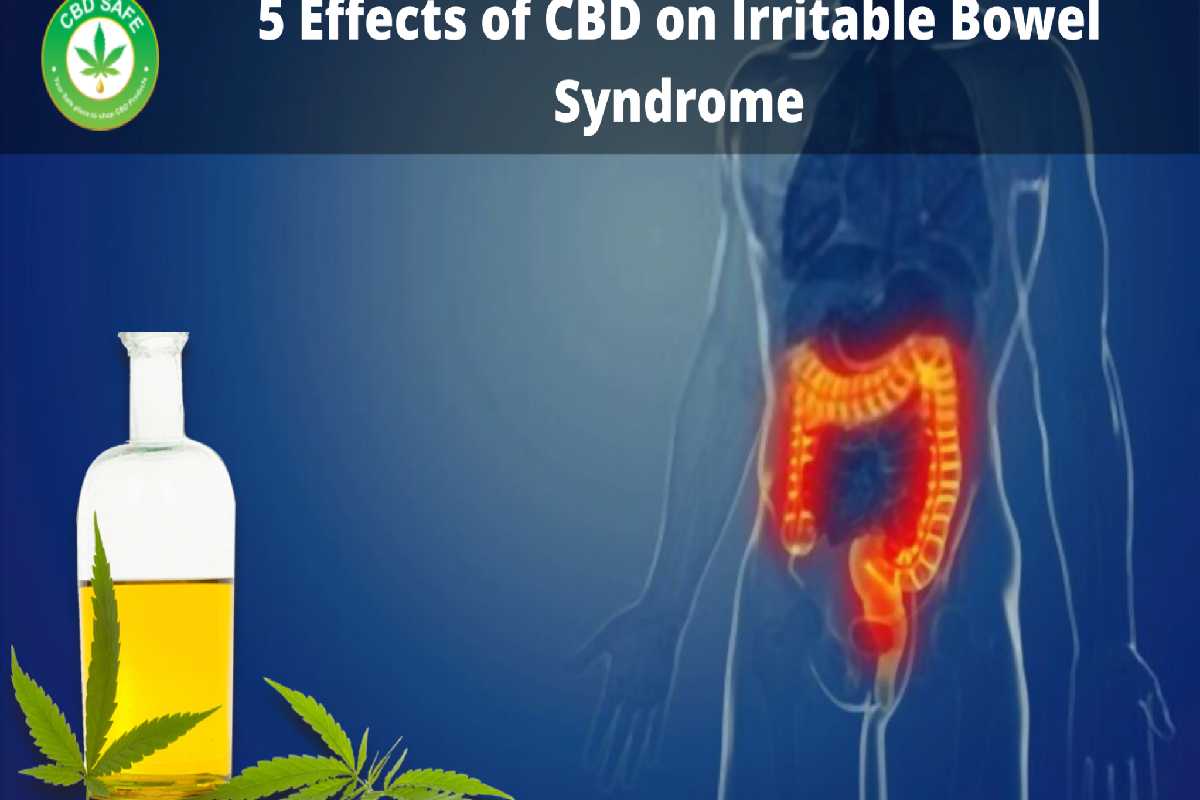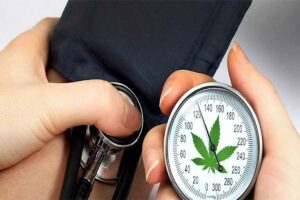
Irritable Bowel Syndrome with CBD
Irritable Bowel Syndrome with CBD: Natural cannabis plant constituent cannabidiol (CBD) is gaining acceptance as a treatment for a variety of ailments. According to research, CBD may be effective in treating the signs and symptoms of irritable bowel syndrome (IBS)
IBS is a chronic gastrointestinal condition that can lead to on-going pain.
People are increasingly turning to CBD as an alternative treatment for a range of illnesses, including IBS, even though research is still in its early stages.
One of the approximately 540 phytochemicals present in the Cannabis sativa (C. sativa) plant is CBD. It may aid in treating pain and inflammation, which are frequent IBS symptoms, according to research.
The Food and Drug Administration (FDA) has not yet given CBD its seal of approval as a treatment for IBS, despite the fact that research suggests it may be a promising treatment for this illness.
IBS and CBD: Does it work?
Several pieces of evidence point to some potential benefits for CBD treatment for inflammatory bowel disease, according to the National Centers for Complementary and Integrative Health (Reliable Source).
However, they point out that further research is required to determine whether CBD can treat IBS.
There aren’t many studies that look at this, but previous study into the substance’s qualities suggests that it might help the disease.
According to a review in Molecules Trusted Source, CBD has anti-inflammatory and pain-relieving effects that may help treat IBS.
2020 evaluation
Additionally, according to Trusted Source, CBD may occasionally be useful for easing chronic pain and lowering inflammation.
A different investigation published in the Journal of Experimental Medicine
These findings are backed by a reliable source. Added 2020 evaluation Research on the biological effects of CBD from a reputable source also raises the possibility that it has anti-inflammatory capabilities.
Risks and side effects
The World Health Organization (WHO)Trusted Source claims that CBD is generally well tolerated by humans. However, the drug’s typical negative effects, which could vary depending on dosage, include include dependable source
- Mouth ache
- Drowsiness
- Fatigue
- Changes in appetite and weight due to diarrheas’
Additionally, it is important to note that CBD may interfere with some medications, so those who take prescription drugs should consult their doctor before taking CBD products.
The lack of knowledge about long-term use and its negative effects is one of the key problems with CBD consumption. According to a study from 2020 with just moderate side effects, people often tolerate CBD well with short- to medium-term use.
Dosage
- There is no recognized or suggested CBD dosage for treating IBS. Any CBD product that makes the promise that it can lessen conditional symptoms should be used with caution.
- At this time, the FDA has not approved any CBD products for IBS. Because of this, dosages are subject to interpretation and should be used with care.
A doctor should be consulting before using CBD to treat IBS symptoms to determine whether it will be effective, safe, and the best dosage.
How to use
- Several states in the United States presently sell different CBD products. To find out how frequently, how much, and how to apply the product, users should always follow the directions on the product’s label and container.
- Inquire with your doctor about CBD products for IBS. A healthcare provider might be able to advise on the kind of product a person should think about utilizing and the best way to utilize it.
Also Read: How Does CBD Affect Blood Pressure?






